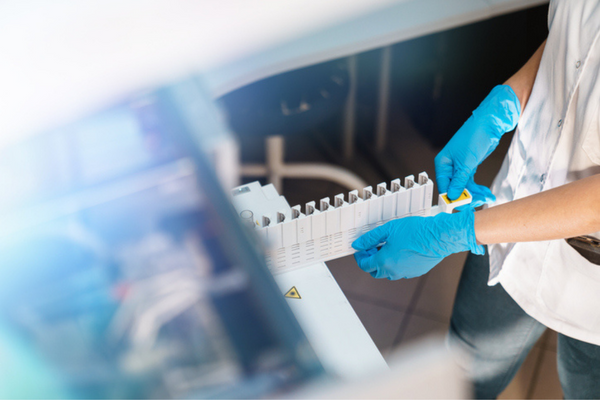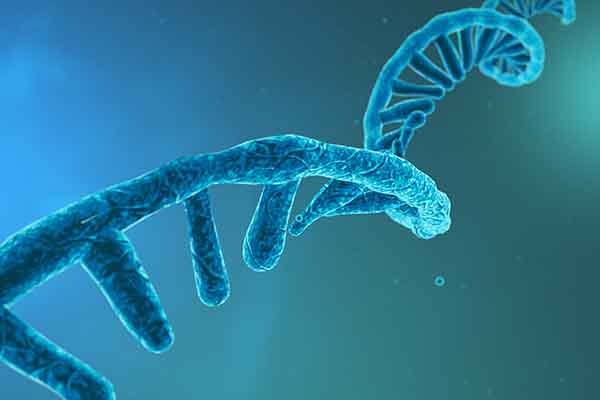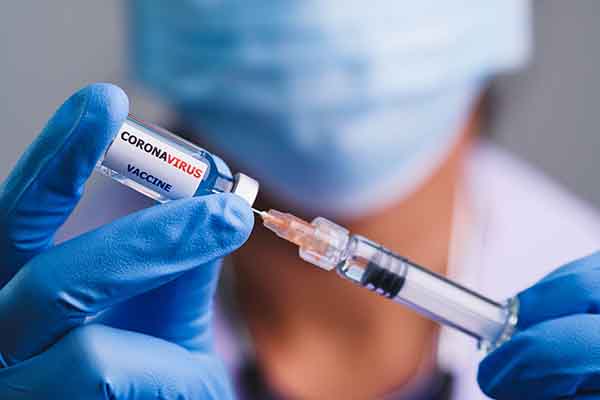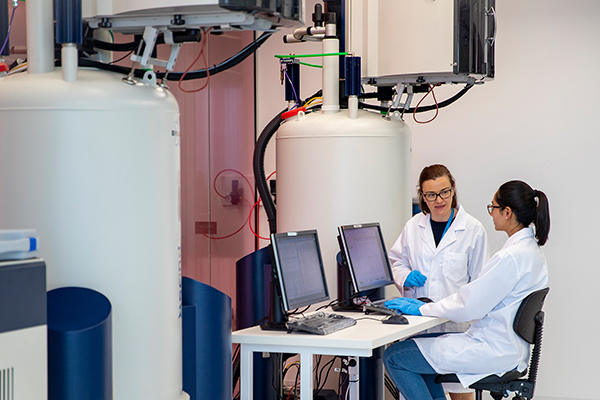We are at an exciting moment in drug discovery due to the enormous potential of psychedelics and related plasticity-promoting neurotherapeutics to treat common, but highly debilitating conditions such as schizophrenia, bipolar disorder, major depressive disorder, and attention deficit hyperactivity disorder.
Join Dr. David E. Olson, Director of the Institute for Psychedelics and Neurotherapeutics at UC Davis, as he discusses how psychedelics and related molecules, such as DMT, LSD, and MDMA, rapidly promote the growth of cortical neurons, providing a potential explanation for their long-lasting therapeutic effects after a single dose. Register now to discover about the development of chemical and molecular tools for studying the mechanisms of action of psychedelics as well as efforts to engineer non-hallucinogenic analogs of these compounds that produce similar sustained therapeutic behavioral effects after a single administration.
This ACS Webinar is moderated by Christa E. Müller, Head of Department of the Pharmaceutical Institute at the University of Bonn and Editor-in-Chief of ACS Pharmacology & Translational Science and co-produced with the ACS Division of Medicinal Chemistry, American Association of Pharmaceutical Scientists, and ACS Publications.
What You Will Learn
- Mechanistic details about psychedelic-induced neuroplasticity
- The development of a novel biosensor for assessing hallucinogenic potential
- The development of non-hallucinogenic psychoplastogens














